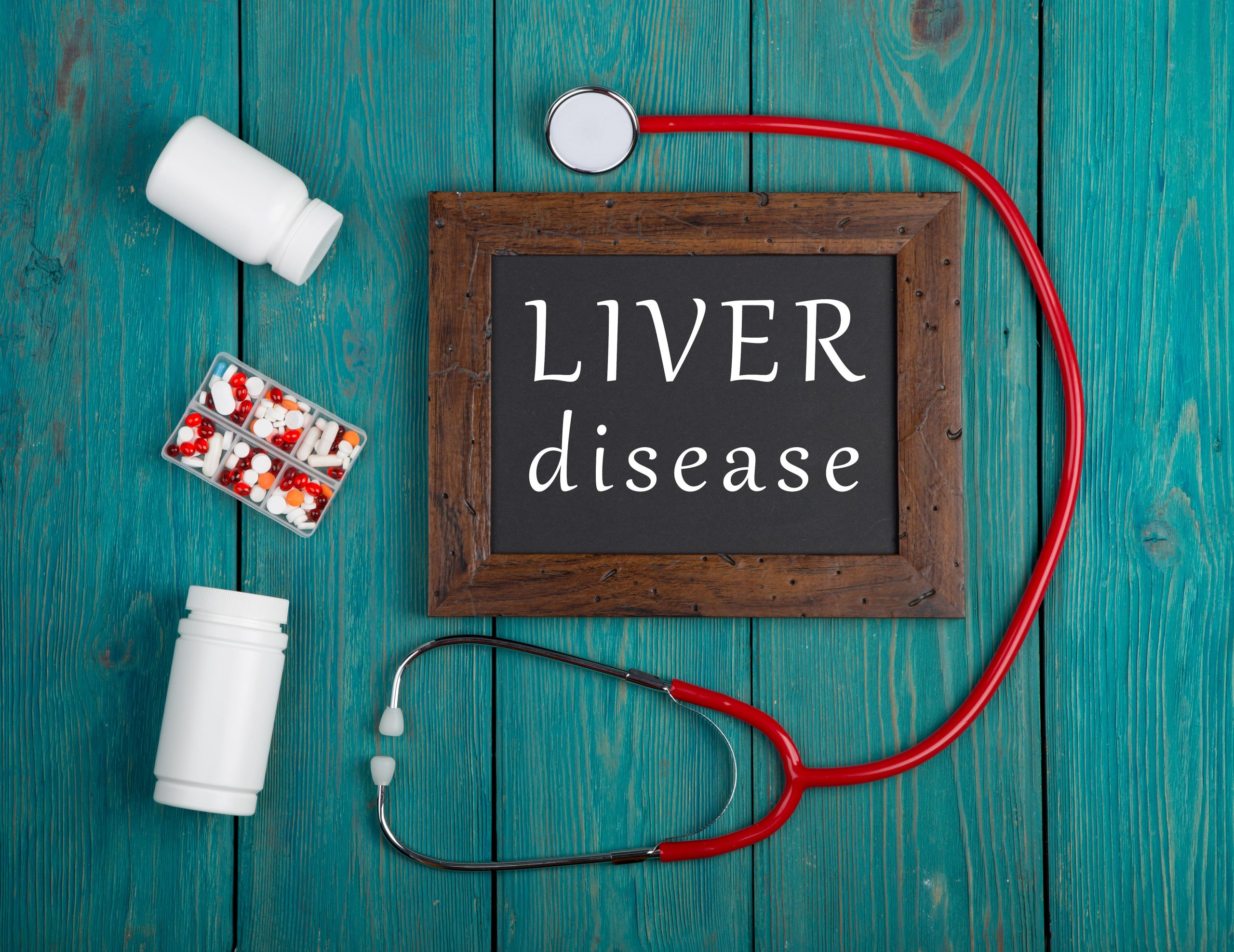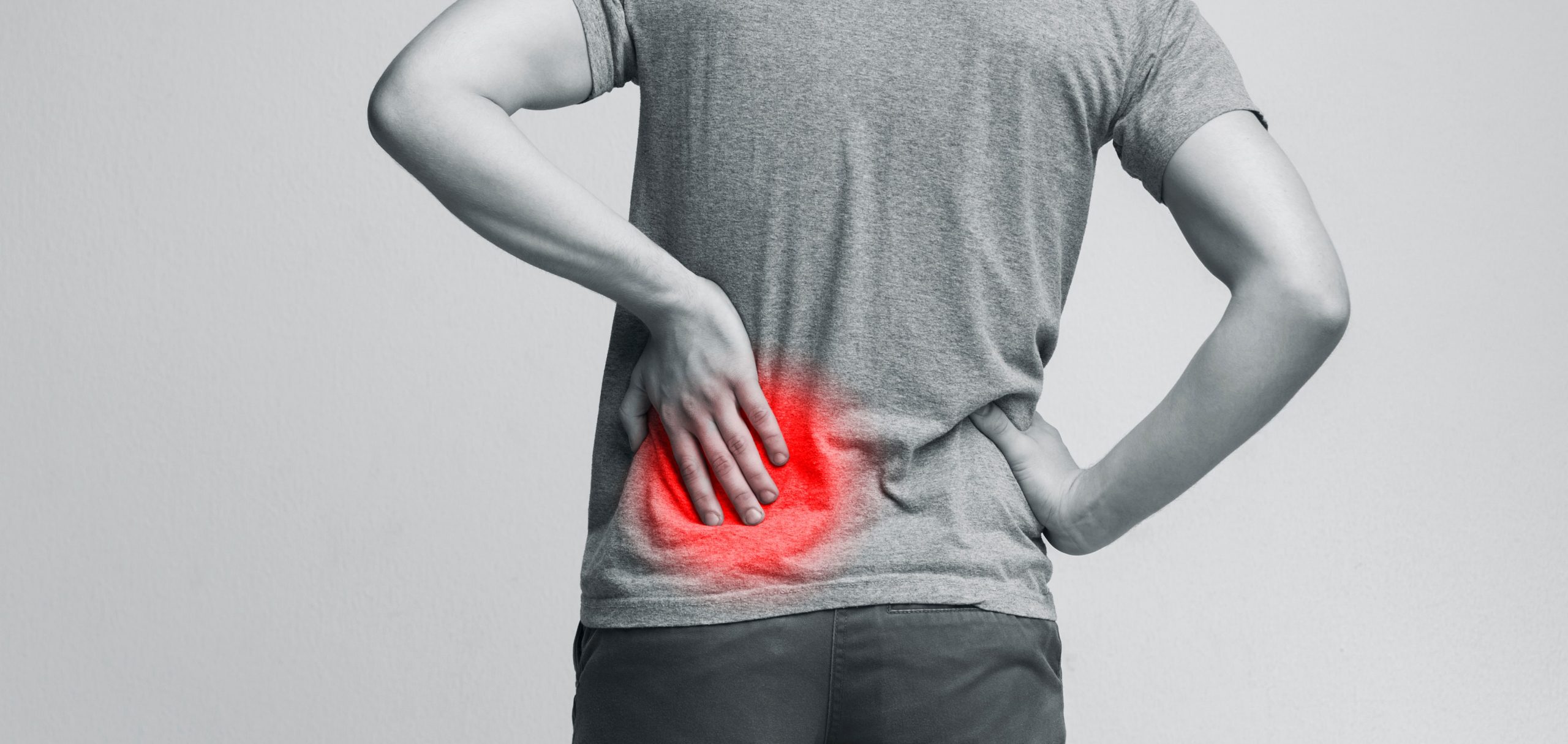Studies have shown that regular use of cannabis is likely to cut back on incidences of fatty liver disease. But how does that work? Fatty liver affects about 16% of the population globally, and it gets worse when eventually it leads to liver failure.
Liver disease is a serious medical condition that currently has no cure. But recent anecdotal evidence has suggested that CBD can be a beneficial alternative in managing fatty liver disease. That said, let’s investigate how CBD Oil can help in liver disease management, its dosage, as well as benefits.
What is Fatty Liver Disease?
Fatty liver disease refers to the deposition of fat in and around the liver, often interfering with the liver’s ability to function. If this condition is left unattended, serious health problems, including liver failure, will likely occur. Based on the origin of this condition, there are two types of fatty liver disease, namely:
Non-Alcoholic Fatty Liver Disease (NAFLD)
This type of fatty liver disease is caused by fat deposits in the liver that results from metabolic dysfunction in the body. As you probably know, the liver plays a key role in the regulation of blood sugar as well as the metabolism of fat. As such, it controls the adrenal and pancreatic glands to control regulate blood sugar and fat-melting, respectively.
When we consume excess refined carbs and fail to exercise enough, the body stops responding to insulin, responsible for controlling blood sugar. The moment insulin stops working, sugar will accumulate in our bodies to dangerous levels because converting it to fat for storage will be hindered. Over time, fat droplets will take up space in the liver cells, causing damage and inhibiting the liver’s metabolic function. When this happens, liver cells will die, gradually triggering inflammation in the liver.
Longer-term, the frequent inflammation and swelling, the liver will develop scar tissue that’s called fibrosis. The scarring leads to permanent liver damage, making it less effective, or even complete liver failure in severe cases. Generally, Non-Alcoholic Fatty Liver Disease is mainly caused by poor dietary practices and insufficient exercise.
Alcoholic Fatty Liver Disease (AFLD)
This condition is linked to long-term alcoholism. What happens is that the liver, and indeed the body, can metabolize small amounts of alcohol quite fine, but consistent intake of large amounts of alcohol can be problematic. The liver metabolizes alcohol via an energy-sucking pathway known as alcohol dehydrogenase.
The energy required to metabolize alcohol is derived from liver cells in NAD+, which is a by-product of fat. And because too much energy is needed for this pathway, the liver must build up a lot of fat. As a result, fatty acids accumulate in the liver, causing the AFLD.
More often, by the time symptoms of this condition manifests in alcoholic folks, the damage to the liver is almost irreparable – even with CBD oil. That means that CBD is best used for people diagnosed with Non-Alcoholic Fatty Liver Disease.
Benefits of CBD Oil as a remedy for Fatty Liver Disease
Among others, studies have revealed that CBD indirectly benefits people with fatty liver disease. By doing so, it protects the liver by reducing overreaction of the endocannabinoid system (ECS). How this happens is that when the liver is stressed up (due to exposure to toxic compounds or poor diet), the endocannabinoid system goes hyperactive. In an activated state, the ECS will only result in more fatty acid accumulation in the liver. But experts clarify that CBD alters the functioning of the ECS, therefore preventing fat accumulation in the liver cells, which slows down the progression of the disease.
Can CBD Support People with Fatty Liver Disease? What Research Says
This condition often progresses unrecognized until it manifests itself through severe symptoms. Currently, there are no effective medications or therapies that can cure this condition. However, CBD and focused treatment methods (including diet, pharmaceuticals, and dietary supplements) can benefit patients with liver situations.
- Studies on mice have shown that CBD possesses therapeutic properties that can reduce fat accumulation or injury to the liver.
- A 2014 study revealed that heavy cannabis had minimal risk of developing liver disease.
- CBD has anti-inflammatory properties that could help scale back frequent liver aches, improving overall health and well-being.
- A 2016 study showed that CBD could considerably minimize the extent of liver oxidative stress and irritation.
Fatty Liver Disease and the Endocannabinoid System
The mammalian endocannabinoid system comprises CB1 receptors (based in the Central Nervous System, including the brain and spine) and CB2 receptors (present in the peripheral nervous system, including the immune and digestive system) function to regulate the body’s homeostatic functions. Put in another way; the endocannabinoid system helps to balance body systems. When an organ becomes damaged, dysfunctional, or inflamed, the endocannabinoid activity increases in the area to try to restore normalcy.
In a healthy liver, the endocannabinoid has minimal presence, but when inflammation or damage in the liver, the endocannabinoid system becomes active. When the fatty liver starts to irritate, its metabolic function will suffer. At that point, the endocannabinoid system heightens activity in the area to restore normalcy.
User Guide: CBD Oil for Fatty Liver Disease
Reports in the last few years have shown that marijuana users suffer less frequently from the following conditions: the main causes of fatty liver disease.
- Diabetes.
- Metabolic syndrome.
- Obesity.
Could medical marijuana and CBD oil treat fatty liver disease? A large study analyzed over 20,000 patients with fatty liver disease and metabolic syndrome – both at their early stages. The study report indicated that the likelihood of developing the liver disease was lower in active cannabis users than otherwise. That said, CBD dosage for the liver disease could be done the same as other conditions. Cannabinoids can affect people differently, but it would be best, to begin with, a 1 mg dose and gradually increase up to the 25 mg mark for starters.
- Learn to Enjoy Self-care Routine - September 21, 2023
- Jonathan Aufray’s Story - July 29, 2023
- From Public Housing To Ivy League: The Inspiring Journey of Crystaltharrell.com and its Founder - June 7, 2023









